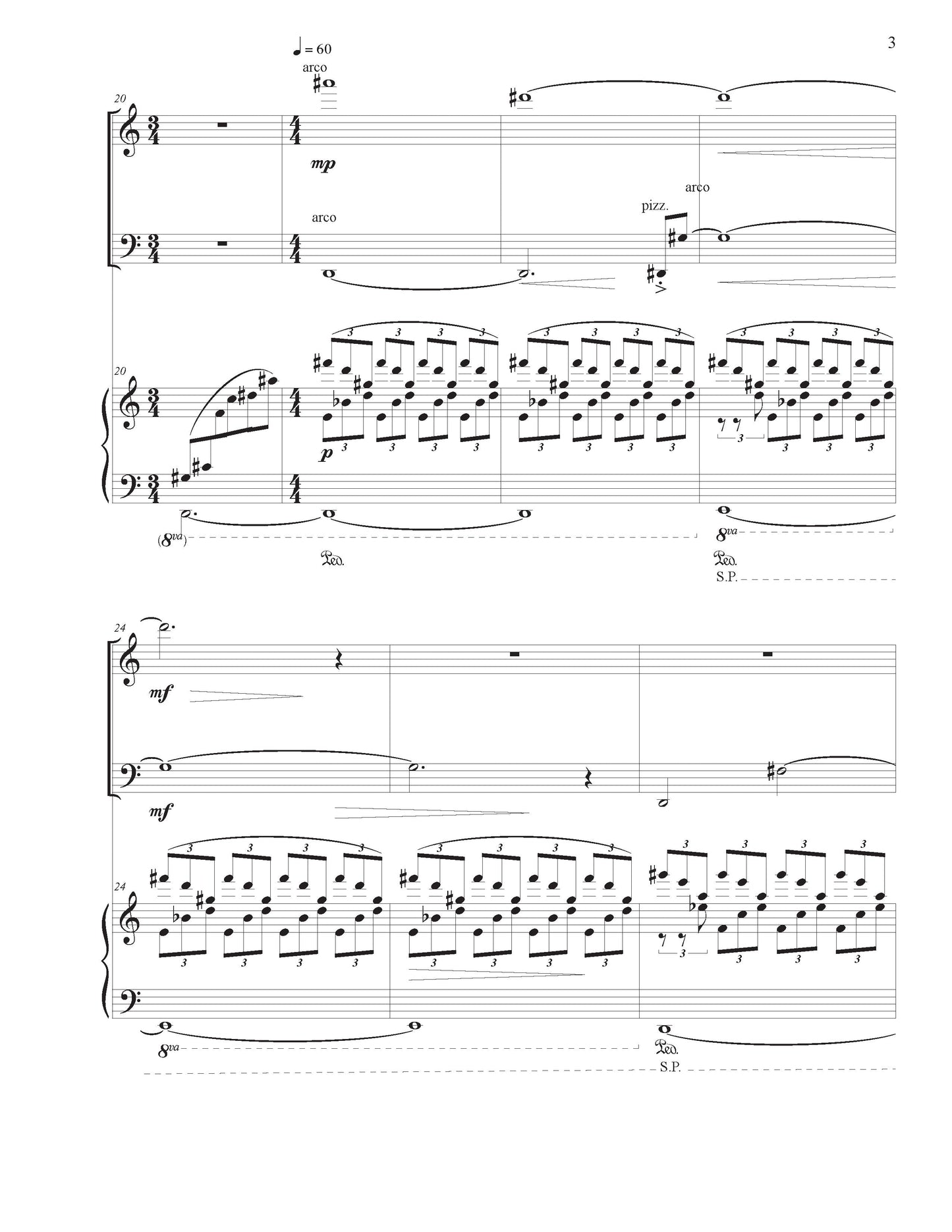PDF Download Policy
Shipping and Returns
Purchasing digital PDFs from American Composers Edition grants you an exclusive license for your own use of the files, including performance, as well as permission to duplicate the score and files as required for that purpose. Any other use, including commercial recording, may require an additional license. PDF files are not refundable and are permanently licensed to the buyer.
Shipping
You may choose your shipping method on checkout.
In the USA we usually use USPS Priority Mail or Media Mail or UPS Ground services. We ship worldwide using US International Postal Mail Priority, First Class International Mail, or UPS Global.
Return Policy
Orders received damaged will be replaced at no additional charge. Refunds requested will be issued back to the original payment method.










